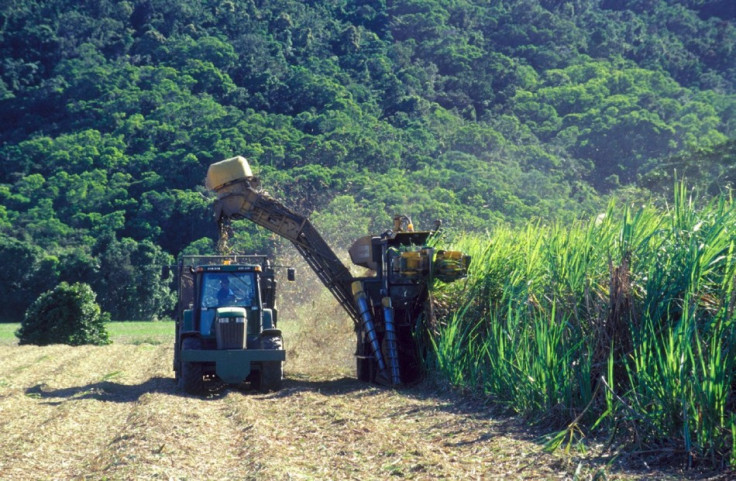Sugar industry likely to see record global production of 192m tonnes
However, sugar cane diversion to ethanol production in Brazil means global prices remain high.

The worldwide sugar market is to experience a record year of production to 192 million tonnes by the end of the 2017-18 season, latest industry projections suggest.
According to Informa's Agribusiness Intelligence, an industry research and analysis firm, the biggest driver behind the record output this year will be the European Union, India and Thailand.
Despite this, sugar cane diversion to ethanol production in Brazil means global prices will remain high as the country will produce less sugar in 2018-19.
Agribusiness Intelligence said that in October, for the first time in more than a year, there was a year-on-year increase in local sales of ethanol of 11% in Brazil. This accelerated to a plus of 16% in the first half of November.
"The most important reasons for the attractiveness of ethanol versus sugar are: the relatively high price of gasoline at the pump, an advantageous tax structure, recovering fuel demand as the Brazilian economy is moving out of recession and the low sugar price."
Meanwhile, within the EU, the market is still responding to the scrapping of production quotas for sugar refined from sugar beet, which is creating a huge jump in production. In the EU, 20 million tonnes of sugar will be produced by the end of 2017-18 which is an increase of 3 million tonnes compared to the previous year.
"This growing trend has not been supported by domestic consumption which has been declining in the EU steadily over the last few years. This will have a direct impact on the trade balance of EU countries, with imports declining and exports could double to as much as 4 million tonnes by the end of 2017-18," the analysis firm added.
Sugar producers in Thailand are expected to produce a record crop in 2017-18 as the country recovers from the dry season caused by the El Nino weather system. The crop this year is expected to reach a record high of 12 million tonnes which is 1.7 million tonnes more than last year.
The country has been following a policy of subsidising domestic farmers for sugar cane production which has artificially kept the export price of sugar low. As a result, Brazil has threatened to complain to the WTO and in order to avoid this Thailand has agreed to reform its policy.
"However, with a deadline for reform plans looming on 1<sup>st December, it is likely that Thailand will miss this date. In this case there could be serious consequences imposed by the WTO which could affect the competitiveness of Thai sugar in the years ahead," Agribusiness Intelligence noted.






















